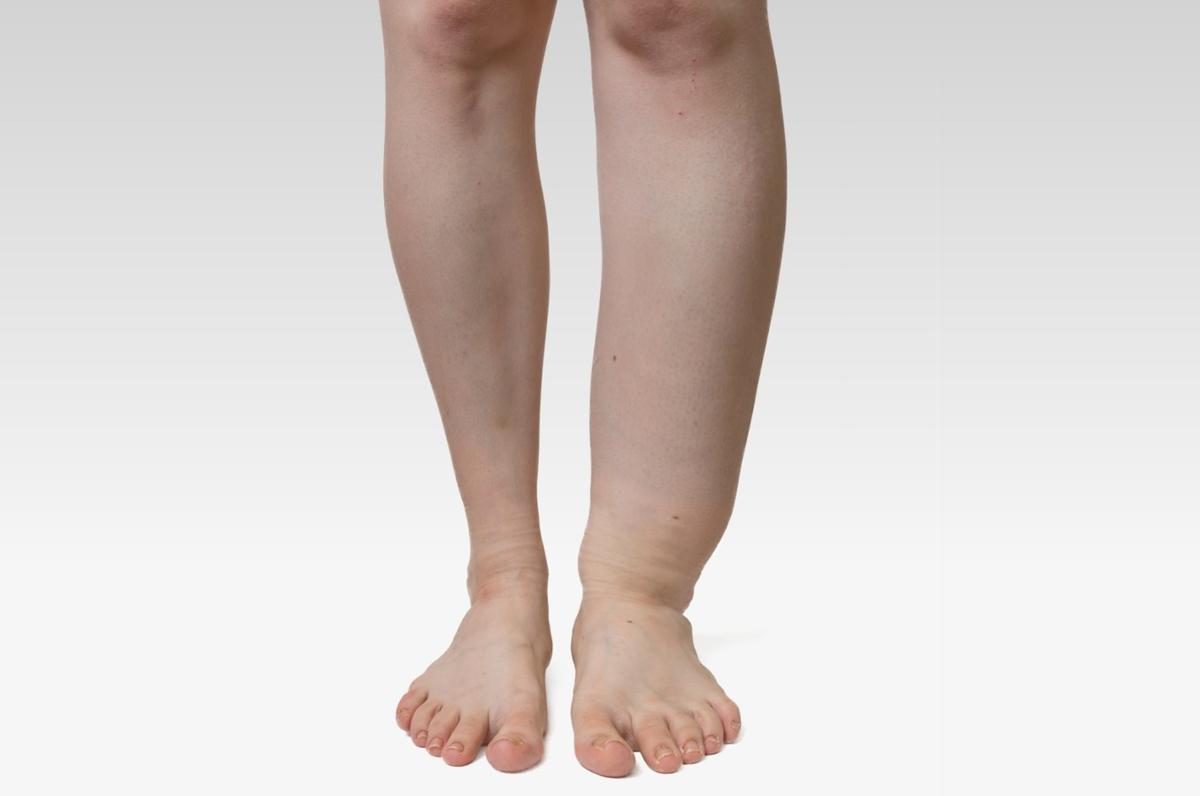
Elephantiasis a disease where the arms, legs and genitals enlarge to elephantoid size. In this article we will have a brief overview about elephantiasis disease…
Elephantiasis, which is known as lymphatic filariasis in medical terminology is a rare disease that affects the lymphatic system. This vital body system maintains the balance of fluids in the body and obstruction of the functioning of this system can result in the swelling of the tissues, which leads to the swelling of the skin, as there is water retention. Elephantiasis disease is characterized by swollen limbs with the thickening of the lymphatic vessels. This disease affects approximately 120 million people annually, around the world. This disease can be commonly seen in about 80 tropical countries, across the globe.
There are two types of this disease- lymphatic filariasis and non-filarial elephantiasis. Lymphatic filariasis, caused due to an infestation of filaria, is the most common type of this disease that affects many people across the globe. It is the most prevalent form of this disease and the parasites live in the lymph glands of the individual, obstructing the lymphatic system and thus causing the parts of the body to swell.
Another type of this disease is the non-filarial elephantiasis, also known as podonconiosis. which is a rare condition that is difficult to treat. The main cause of this disease is the constant contact of the skin with volcanic ash. This disease is more prevalent in areas that have volcanic eruptions.
Causes of Elephantiasis
The main cause is the presence of parasitic worms like Brugia malayi, B. timori and Wuchereria bancrofti, which are transmitted by the female mosquitoes. Filaria, which is a small thread like worm which dwells in the stomach of the mosquitoes can trigger elephantiasis. When this mosquito bites an individual, the parasites get transmitted to the blood stream causing bacterial infections. The bacteria attacks the lymphatic system causing inflammation of the lymphatic vessels. This condition is known as streptococcal lymphangitis. The swelling puts pressure on the lymphatic channels and obstruct blood supply causing gangrene.
Signs and Symptoms
It is very tough to diagnose elephantiasis in the early stages. This is because the swelling is minimal and can be hardly seen. As the stages of this disorder advance, many symptoms can be observed. One of the most common and prominent symptoms is edema, which is the accumulation of fluids in the body. This fluid accumulation can cause swelling in various parts of the body, especially in the legs and groin. Swelling can also be seen in the arms, breast, head and the trunk. The skin around these body parts harden and develop scales.
The lymph glands that are present below the skin swell and become large to grotesque proportions. The affected areas undergo hyper pigmentation causing the darkening of the skin. The affected individual may also suffer from constant fevers followed by chills and malaise or a sense of discomfort. These signs sometimes resemble the symptoms related to some lymphatic system diseases like hereditary lymphedema, secondary lymphedema and filariasis.
Treatment and Preventive Measures
In order to reduce the swelling of the enlarged lymph nodes, antibiotics like diethylcarbamazine, steroids and antihistamine medications are administered. These medications help in destroying the parasitic worms. Regular cleaning of the wounds and affected area with disinfectants can help curbing the symptoms. If the swelling is too much, especially in the areas near the scrotum, surgery can also be used as a method of treatment to reduce the swelling.
To prevent the occurrence of this dreaded disease, it is necessary to practice proper hygiene. Since mosquitoes are responsible for causing this condition, it is essential to eliminate them from your surrounding. Don’t allow water to stagnate anywhere, as this is the breeding ground for mosquitoes. It is also better to keep surroundings clean to prevent any disease. Eating a well-balanced meal will strengthen the immune system and fight against infections and disorders.
Unfortunately, there is no definitive cure for elephantiasis as of now. There is also no vaccine to prevent the onset of this painful disease. The treatment of this disease depends on the accurate diagnosis of the cause of this disease.


